Focus on a city : Rome - Italy
Who hasn't dreamed of visiting Italy? Rome, Venice, its lakes, its monuments and all the history that goes with them. Personally, I've never had the chance, but I hope it will come true one day. So, this article will guide you to make the most of your trip to the Italian capital.
Also, remember that I'm writing on Medium and I would be really grateful if you can follow my channel "Clément Delabruyère".
Short presentation
Rome, the capital of Italy, is an emblematic city steeped in rich history and global influence. Covering an area of 1,285 km², it is home to a population of around 2.8 million. Known as "The Eternal City", Rome is the cradle of Roman civilization and the seat of the Catholic Church.
Rome is divided into 15 districts, each with its own personality and historical treasures, such as the Colosseum, the Roman Forum and the Vatican, seat of the Pope. Geopolitically, Rome plays a vital role as the center of European politics and is home to many international institutions.
Its gastronomy is renowned for dishes such as pasta and pizza. The Italian language is spoken here, but English is widely understood in tourist areas. The Mediterranean climate gives the city warm summers and mild winters. Rome vibrates with an energy that blends the ancient and the modern, between ancient ruins and contemporary art, creating a unique experience for visitors and locals alike.
Historical background
The history of Rome goes back to the legend of Romulus and Remus, two brothers raised by a she-wolf, who are said to have founded the city in 753 BC. Ancient Rome emerged as a small village on the banks of the Tiber and quickly became a major regional force in the Italian peninsula.
Over the following centuries, Rome expanded its influence through military conquest, establishing a vast empire that spanned three continents. The Roman Republic, established in 509 BC, experienced internal wars and political struggles, culminating in Julius Caesar's rise to power. His assassination in 44 BC precipitated the end of the Republic and the advent of the Roman Empire.
The Roman Empire reached its apogee under Augustus in the 1st century AD, encompassing massive territories and influencing culture, law and architecture for generations to come. The city itself was embellished with iconic monuments such as the Colosseum and Pantheon.
In the 4th century, Emperor Constantine moved the capital to Byzantium, creating the Byzantine Empire, while the Western Roman Empire declined under the pressure of barbarian invasions. In 476, Rome was conquered by the Visigoths, marking the fall of the Western Roman Empire.
Rome subsequently became an important religious center with the establishment of the Catholic Church. The Vatican became the seat of the Pope, and the city played a central role in medieval Christianity. However, the city was also shaken by conflicts and power struggles.
After centuries of invasions, reconquests and power shifts, Rome finally became the capital of unified Italy in 1871. It underwent rapid growth and modernization, while carefully preserving its historical treasures. Today, Rome remains a cultural and historical crossroads, attracting millions of visitors every year for its ancient heritage and timeless charm.
Must-see places
The Colosseum

The iconic amphitheatre where gladiatorial fights and other spectacles were held in ancient times.
St. Peter's Basilica and the Vatican

The religious center of Christianity, including the famous basilica and the Vatican Museums.
Piazza Navona

A picturesque square adorned with fountains and sculptures, surrounded by cafés and restaurants.
Pantheon

An ancient Roman temple converted into a church, renowned for its spectacular dome and impressive architecture.
Trevi Fountain
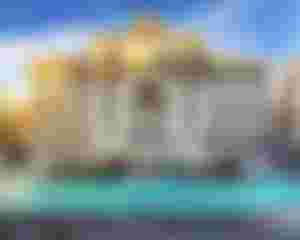
An iconic fountain where visitors traditionally throw a coin to ensure a return to Rome.
Piazza di Spagna

An elegant square with a monumental staircase leading to the Trinità dei Monti church.
The Roman Forum
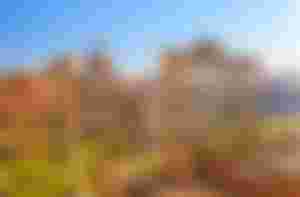
The heart of ancient Rome, home to ruins of temples, palaces and historic structures.
Capitoline Museums

A complex of museums housing an impressive collection of ancient art and artifacts.
Villa Borghese

A vast public park with gardens, museums and panoramic views over the city.
Piazza Venezia and the Monument to Victor-Emmanuel II

A monumental piazza with an impressive monument dedicated to Italy's first king.
These sites offer a captivating glimpse of Rome's history, architecture and culture, making for an enriching tourist experience.
Celebrities linked to Rome
Julius Caesar (-100 - -44)

He was an influential Roman general and statesman, playing a key role in the transition from Republic to Empire. A military conqueror, he also introduced political and social reforms.
Michelangelo (1475 - 1564)

He was an artist of the Italian Renaissance. He created such famous works as the ceiling fresco in the Vatican's Sistine Chapel and the sculpture of David, marking a major contribution to art and culture.
Galileo Galilei (1564 - 1642)

He was a physicist, astronomer and mathematician. A pioneer of the scientific revolution, he confirmed the heliocentric model of the solar system, revolutionizing our understanding of astronomy.
Federico Fellini (1920 - 1993)

He was an acclaimed film director. A master of Italian cinema, he directed such iconic films as "La Dolce Vita" and "Eight and a Half", making a major contribution to global cinematic aesthetics.
Ennio Morricone (1928 - 2020)

He was a renowned composer and conductor. He is famous for his film scores, particularly for spaghetti westerns such as "The Good, the Bad and the Ugly", having left an indelible mark on the film industry.
If you enjoyed reading please follow me and put a like, thank you !
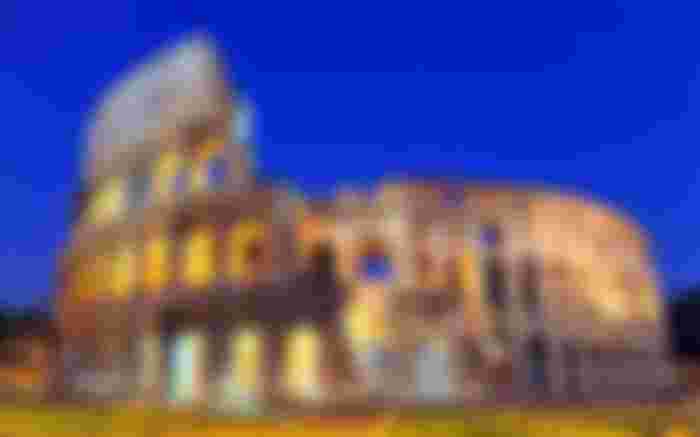
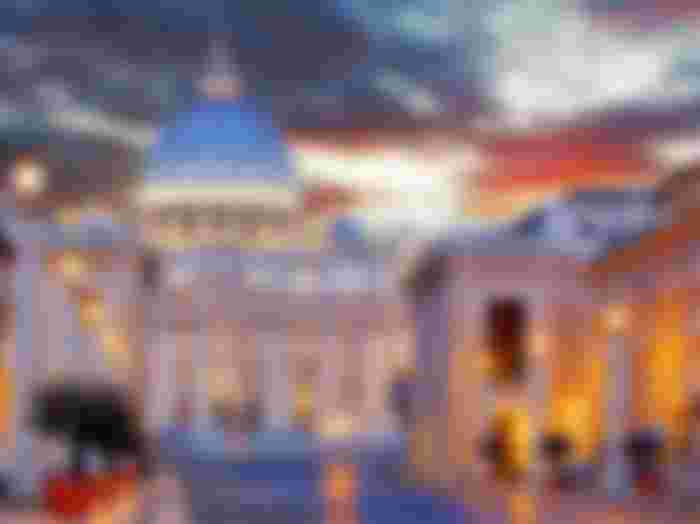
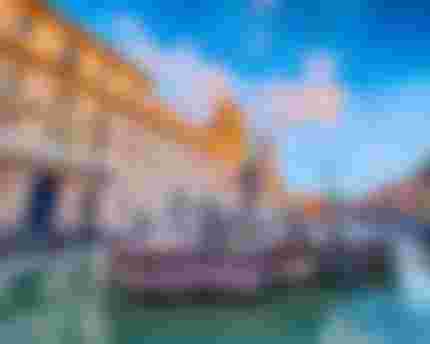
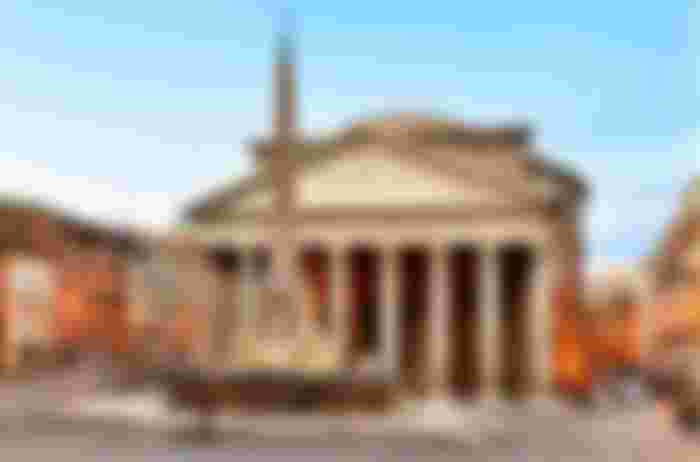
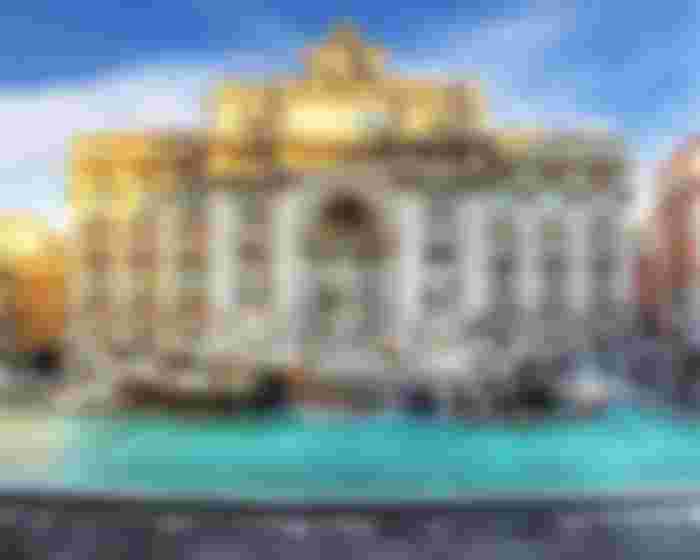
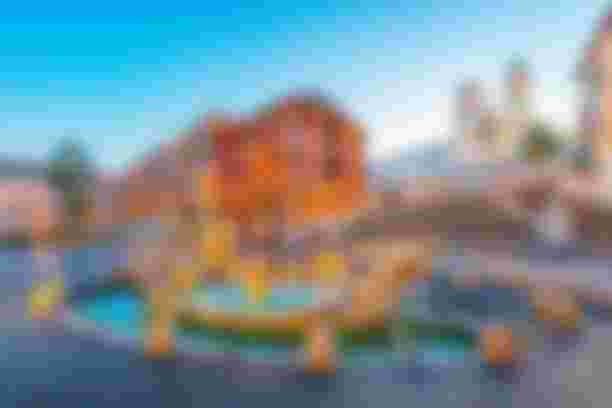
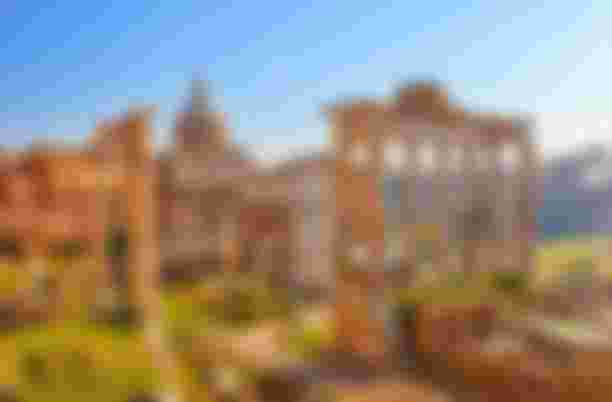

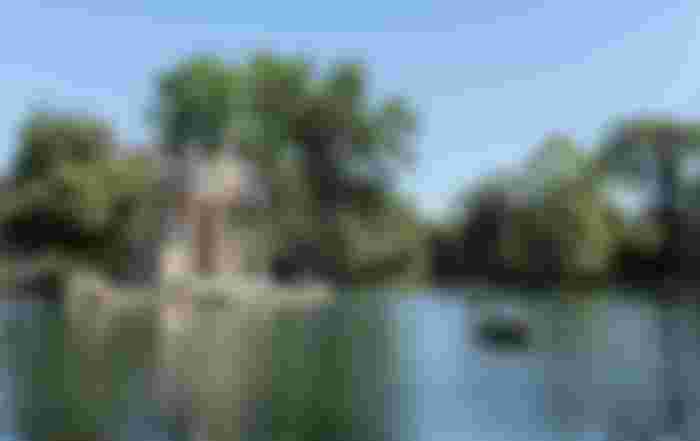
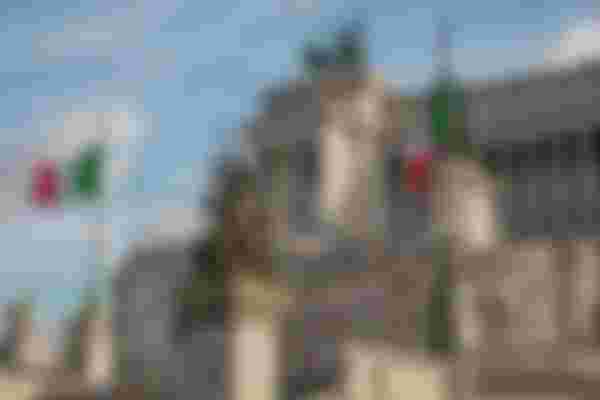

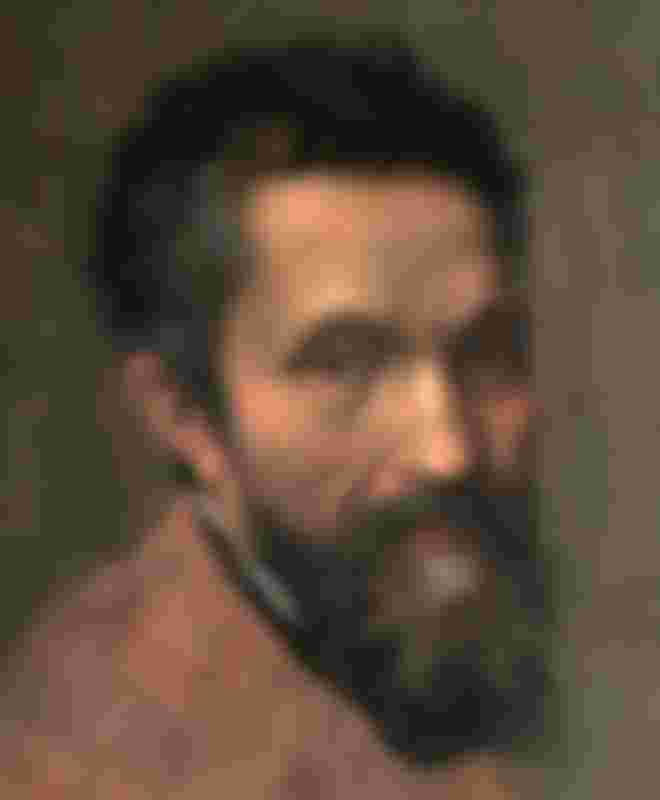


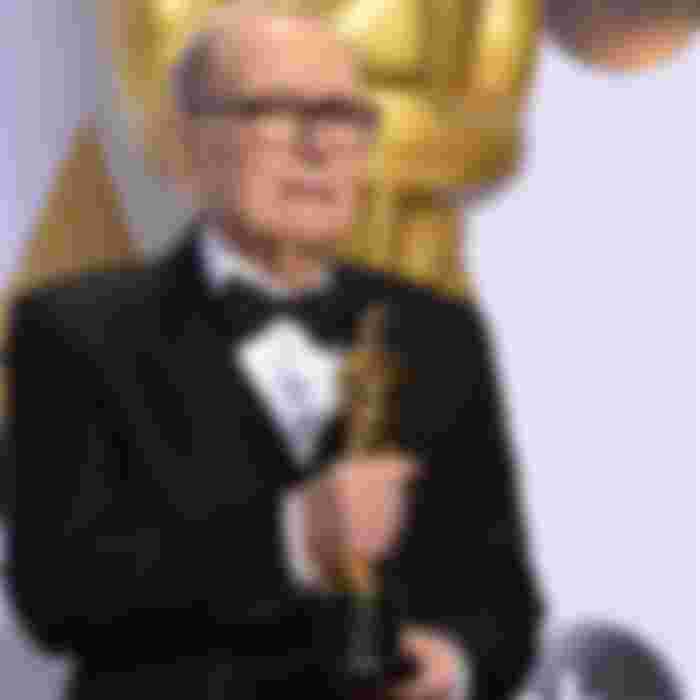
Julio Cesar, the Roman statesman and military leader. He played a significant role in the events leading up to the end of the Roman Republic and the rise of the Roman Empire. If you have any questions about him or his historical contributions, feel free to ask!yes.